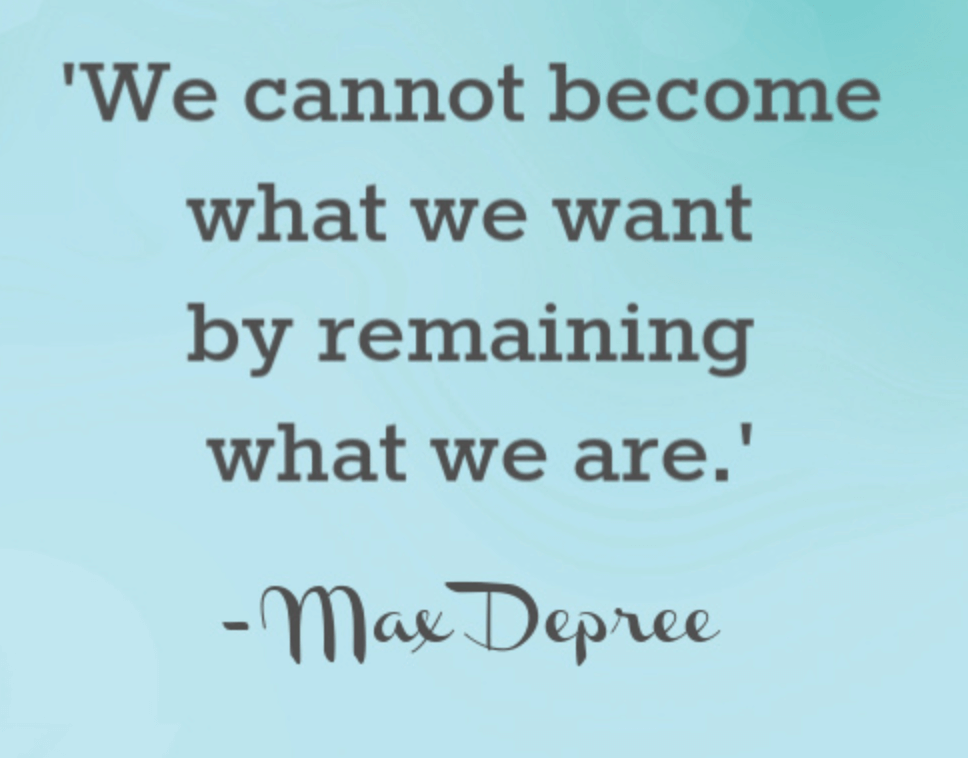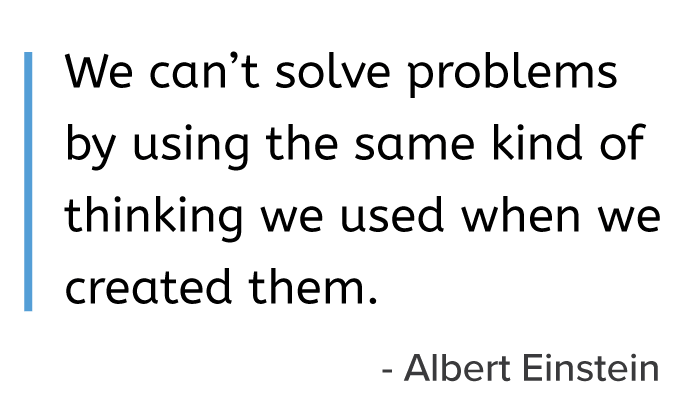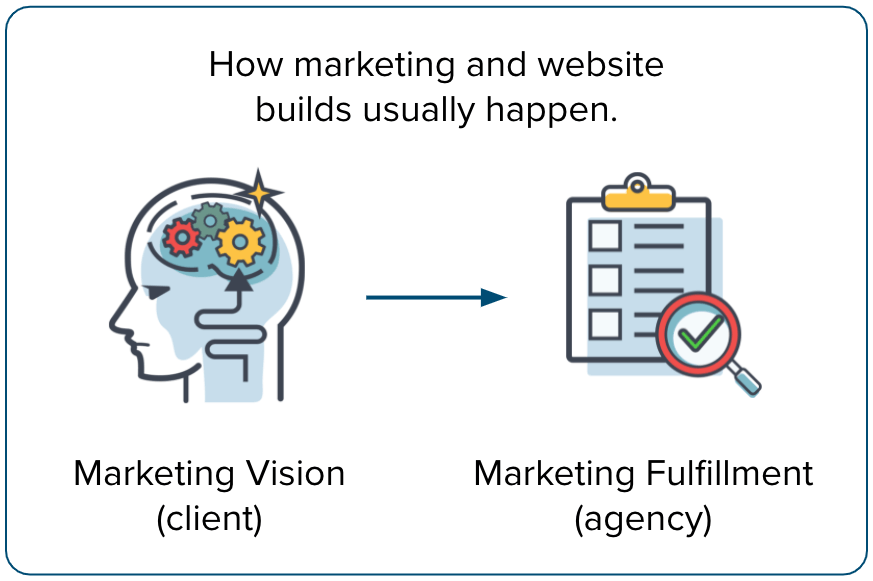Stop Working for Yourself!
At 12 years old, I started a paper route. It wasn't in folding and throwing papers that I found my "riches." It was selling subscriptions. The Press-Enterprise, out of Riverside, California, would have someone come and pick up a bunch of 12-14 year olds and we'd go to all the new neighborhoods to sell subscriptions.
I was good.
I was really good.
 One of the contests, I made out like a bandit. Along with a bunch of money (particularly for a 12 year-old kid) I won not 3… not 4… but 2 whole bikes. I won a mountain bike and a 10-speed racing bike.
One of the contests, I made out like a bandit. Along with a bunch of money (particularly for a 12 year-old kid) I won not 3… not 4… but 2 whole bikes. I won a mountain bike and a 10-speed racing bike.
Yeah. I was hot stuff (in my own mind).
I loved the idea that I could work hard to make more money. If I applied myself, I could be better.
Oh, that picture is not me. I didn't look that cool.






 All too often, we create problems because of the way we think about things then try to fix those problems without changing our thought process that generated the problem.
All too often, we create problems because of the way we think about things then try to fix those problems without changing our thought process that generated the problem.

